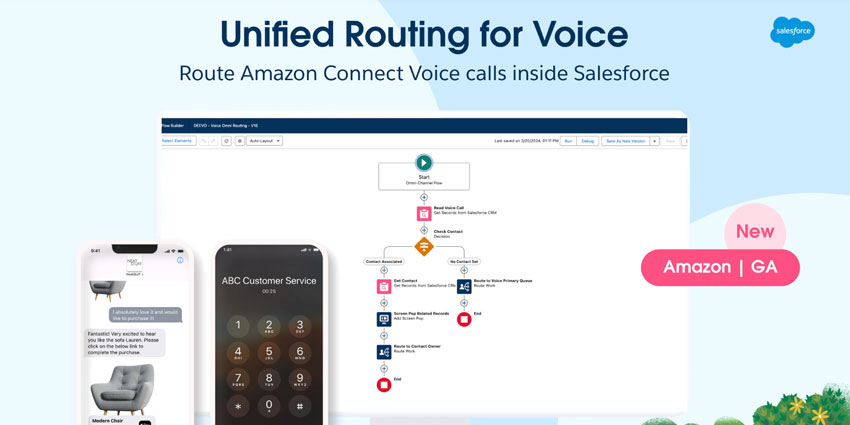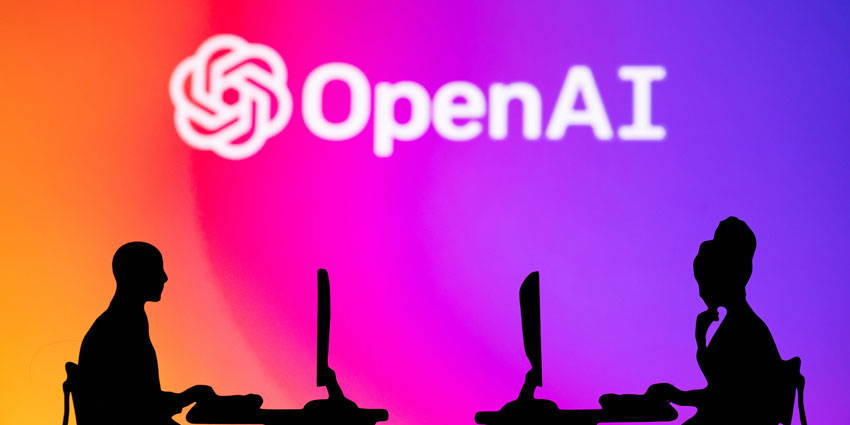Salesforce has announced Einstein GPT for Flow, its automation suite.
The addition of generative AI promises to allow businesses to create workflows from text prompts, advancing the more conventional no-code, drag-and-drop automation building.
Effectively, this removes manual, step-by-step processes, lowering the barriers to adoption for less technical users.
For instance, with Einstein GPT for Flow, a customer can simply type: “Send an email to a group when we secure a new customer.” The solution then creates it automatically.
After, a developer can tweak, test, and deploy.
Of course, some may scratch their heads and ask: how does it work with Salesforce records and metadata to correctly configure such flows?
It does so through Data Cloud. Data Cloud allows users to unify various data sources.
Indeed, the solution enables businesses to import objects from a Salesforce CRM, commerce, and marketing tools. It also pulls from the website, mobile app, and other external sources with its Ingestion API.
With Flow embedded into Data Cloud, Salesforce hopes to help its clients make every experience more “interconnected and personalized.”
John Kucera, SVP of Automation at Salesforce, builds on this point. He stated:
By powering Flow with Einstein and GPT and Data Cloud, we’re not only enhancing usability but also ensuring our customers have access to the most advanced tools to achieve even more productivity, efficiency, and growth.
There are several examples of how Flow already drives up such business efficiency.
As an example, brands may build a workflow designed to offer in-store discounts to customers at the ideal moment.
Another involves dynamic pricing capabilities to automatically adjust the prices of products based on real-time demand and supply.
Then come the more industry-specific use cases. For instance, a bank may flag suspect transactions based on unusual buying patterns.
Meanwhile, a manufacturer may monitor the performance of its systems and trigger automatic real-time maintenance requests when it uncovers a potential issue.
The addition of generative AI into Flows will accelerate the time it takes for many businesses to bring these use cases to life.
Already, the automation portfolio processes a trillion automations every month. According to Salesforce, this saves its customers 109 billion hours in this time.
One such customer is Sunnova, a solar energy company. Discussing how the business utilizes Flow, Jake Wachman, VP Digital at Sunnova, stated:
We can snapshot our energy production and register systems for state and local incentives automatically, therefore reducing manual tasks by almost four hours per day.
“This not only improves our operational efficiency but also helps guarantee system production for our customers,” he concluded.
Now, the addition of Einstein GPT will allow businesses to further ramp up operational efficiency and bring new flows to the enterprise faster.
Indeed, with a conversational interface, developers may enjoy a productivity tool that will accelerate digital transformation efforts.
Alongside this, Einstein GPT promises to bring new CX use cases to life within its Service, Sales, and Marketing Cloud Offerings.
Find out how by checking out our article: Salesforce Teases “The World’s First Generative AI for CRM”







